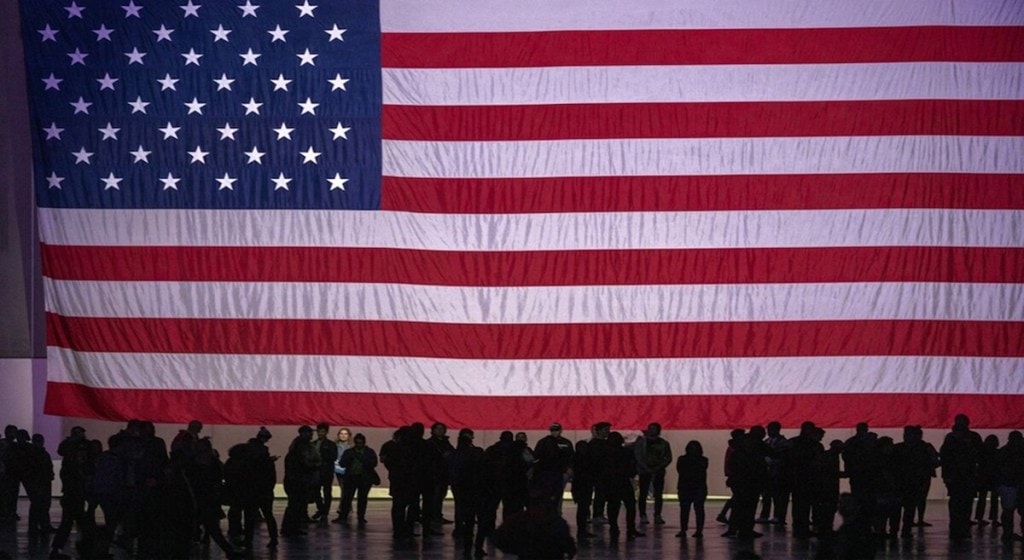In an interview with DeKoder, former RBI Governor Raghuram Rajan has raised a big concern regarding Trump’s tariffs getting extended from goods to services. Rajan expresses concern over a proposed US bill that intends to tax the earnings of US companies employing foreign workers, which could significantly affect India due to the large number of Indian workers hired by these companies.
In Rajan’s view, the implications ofthe HIRE Act could be more than the recently imposed $100,000 fee for H-1B visa petitions filed after September 21.
Senator Bernie Moreno had introduced the HIRE ACT, which aims to discourage outsourcing by American businesses by preventing them from seeking lower salaries through overseas labor.
The most crucial aspect of the bill is that it aims to tax even the ‘outsourcing’ nature of work of US companies if the end-consumer of the services is a US consumer.
The HIRE ACT introduces a 25% tax on outsourcing payments made by U.S. companies to foreign individuals, aimed at ensuring the benefits of this work aid U.S. consumers. Furthermore, U.S. firms will not be permitted to claim tax deductions related to these outsourcing payments.
Also Read: Are existing H-1B visa holders facing issues while returning to the US?
All US companies that outsource business operations or employ foreign workers will be affected by a 25% tax on payments made to foreign outsourcing corporations for services rendered to US consumers.
The term ‘outsourcing payment’ means any premium, fee, royalty, service, charge, or other payment made in the course of a trade or business, to a foreign person, and with respect to labor or services the benefit of which is directed, directly or indirectly, to consumers located in the United States.
The HIRE ACT may significantly affect BPOs, consulting firms, and IT companies serving American businesses, with considerable implications for Indian IT firms as well.
Effectively, this legislation seeks to discourage U.S. companies from pursuing cheaper labor by hiring foreign workers. With outsourcing and offshoring becoming expensive for US firms, they could start looking inwards rather than hiring foreign workers.
The landscape of US firms hiring overseas workers is set to change significantly with the introduction of a bill aimed at protecting American workers from outsourcing. If the bill is passed, the amendments will apply to payments made after December 31, 2025.
